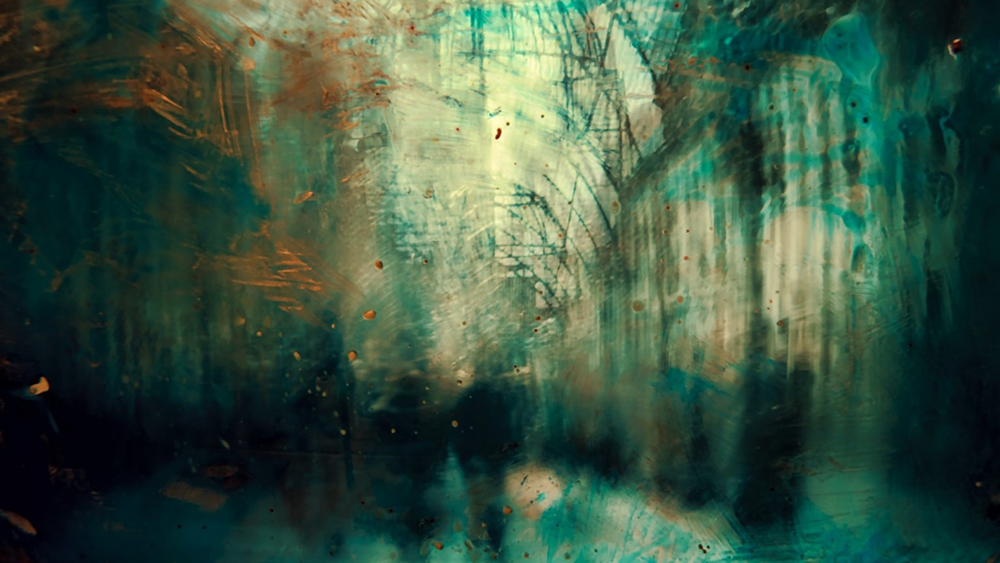
Zoom link: https://uio.zoom.us/j/
Every night, most of us enter into an unreal world of vivid, hallucinatory experiences. Importantly, this demonstrates that the brain, all by itself, can generate a convincing world of inner experiences, although most of them are rapidly forgotten. Dreaming is a highly interesting and mysterious phenomenon that still remains to be satisfactorily explained by science. Because it is so common, we tend to forget how remarkable dreaming really is.
But what are dreams? How are they made? Why do we have them? Are they useful?
Welcome to an evening of discussion where we will attempt to shine light on the mysteries of the night.
Panelists:
Brigitte Holzinger, PhD, lecturer at Vienna University, Austria, and co-founder of Austrian Sleep Research Association
Caroline Horton, PhD, Reader in Psychology and Director of DrEAMSLab, Bishop Grosseteste University, U.K.
Johan Frederik Storm, MD, PhD, Professor in neurophysiology, University of Oslo, Norway
Erik Hoel, PhD, Research Assistant Professor at Tufts University, Massachussets, USA
Time: 17th of February, 2022, 20.10 - 22.00 (GMT+1)
Place: Online (register here for a link to the webinar)
Erik Hoel will also hold a public lecture the same day, at 19.00 - 20.00, hosted by the Forum For Consciousness Research and us. He will lecture on his new, original hypothesis on why we dream:
"The Overfitted Brain Hypothesis: Dreams As Data Augmentation".
Link will be sent out if you register here, or through the above link.
Program:
20.10 - 20.15: Introduction
20.15 - 21.10: Short presentations
21.10 - 22.00: Panel discussion with questions from the audience, moderated by André Sevenius Nilsen